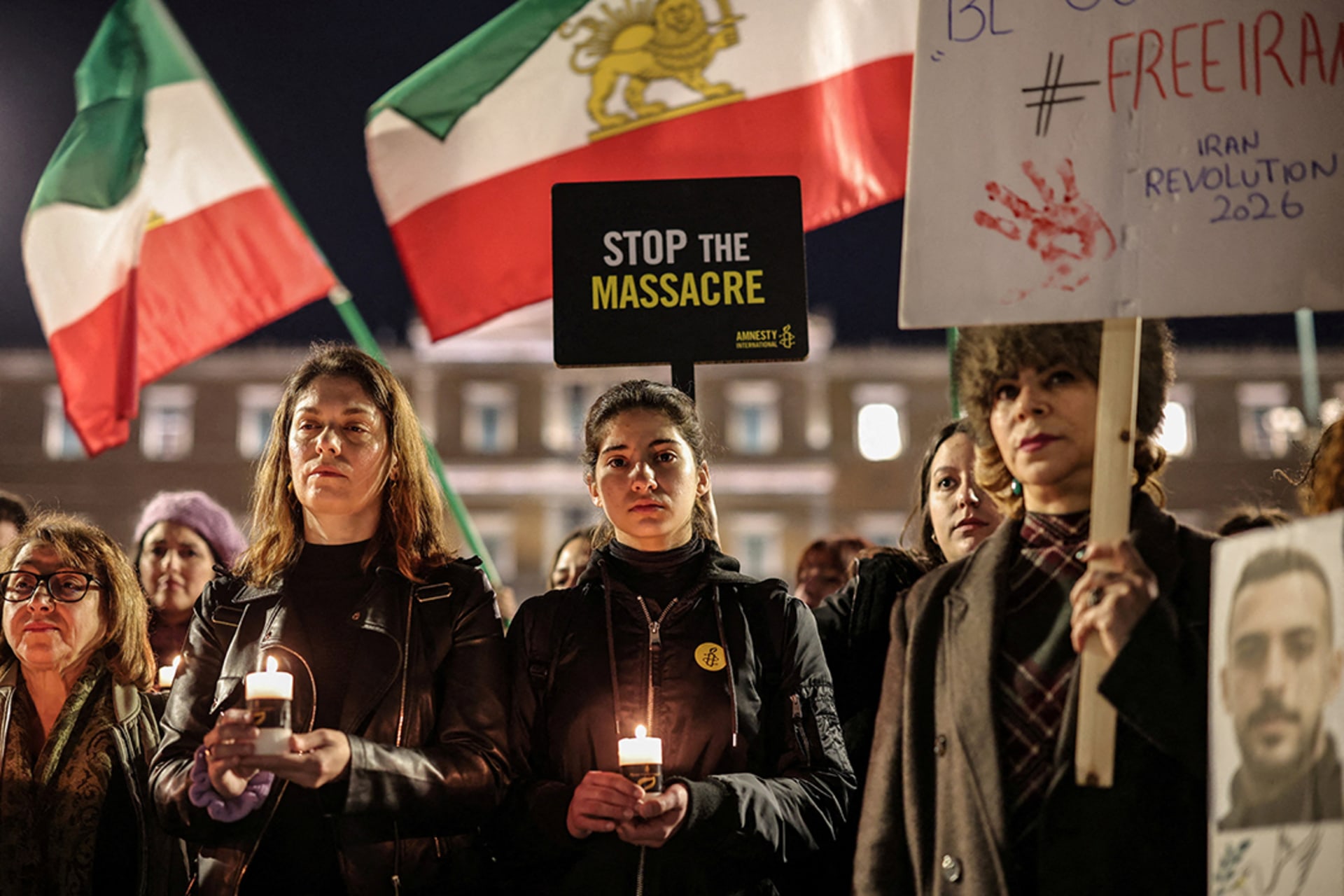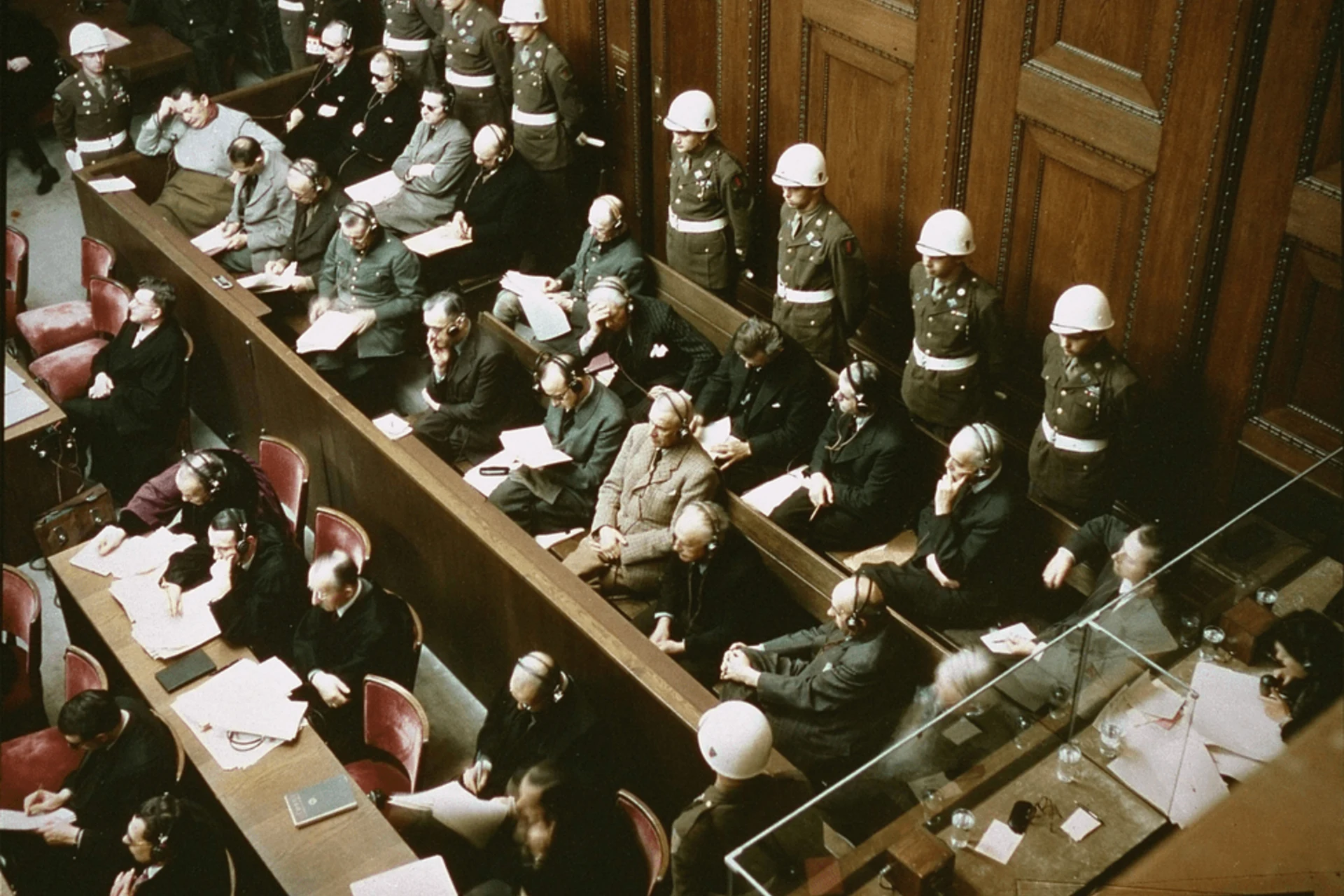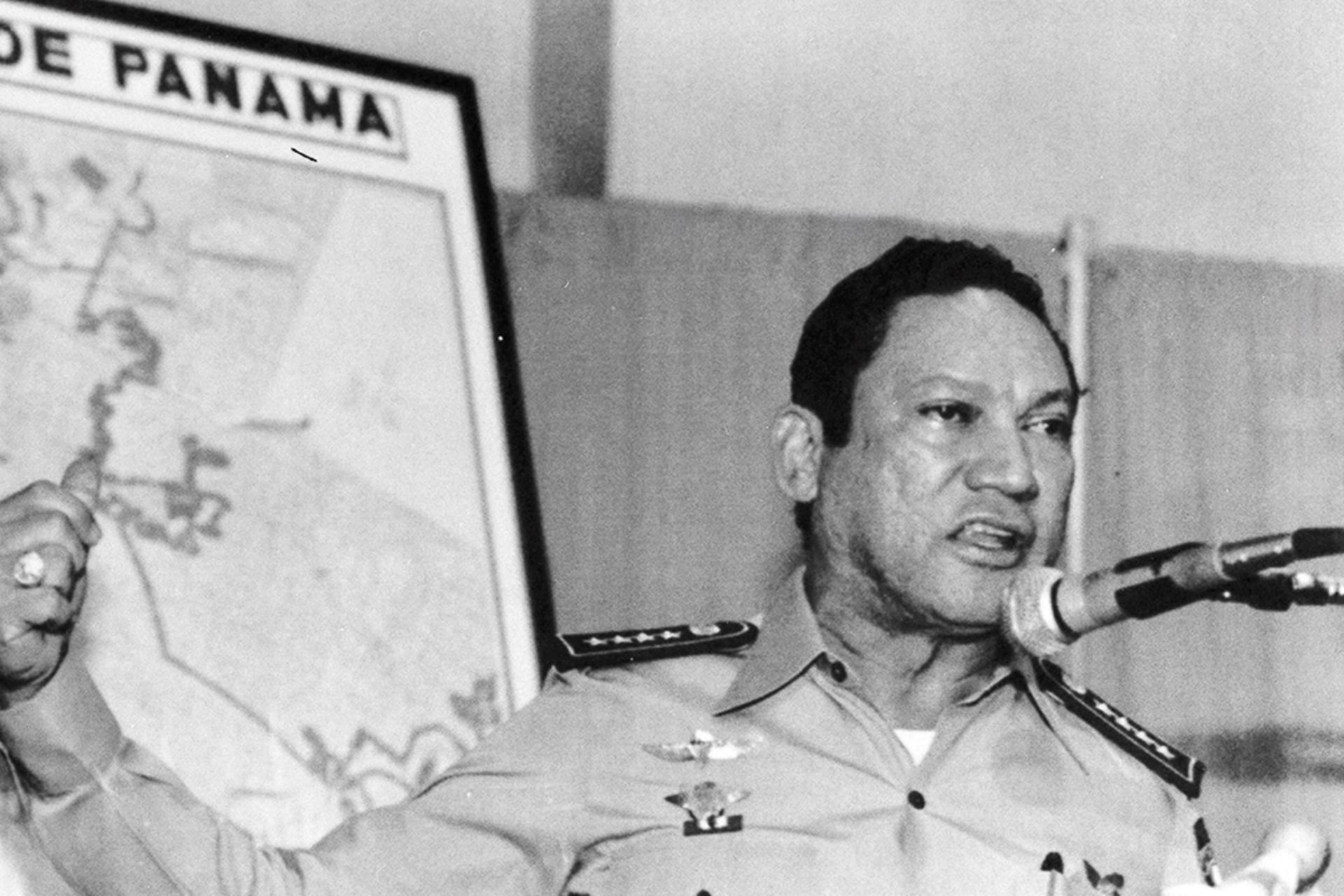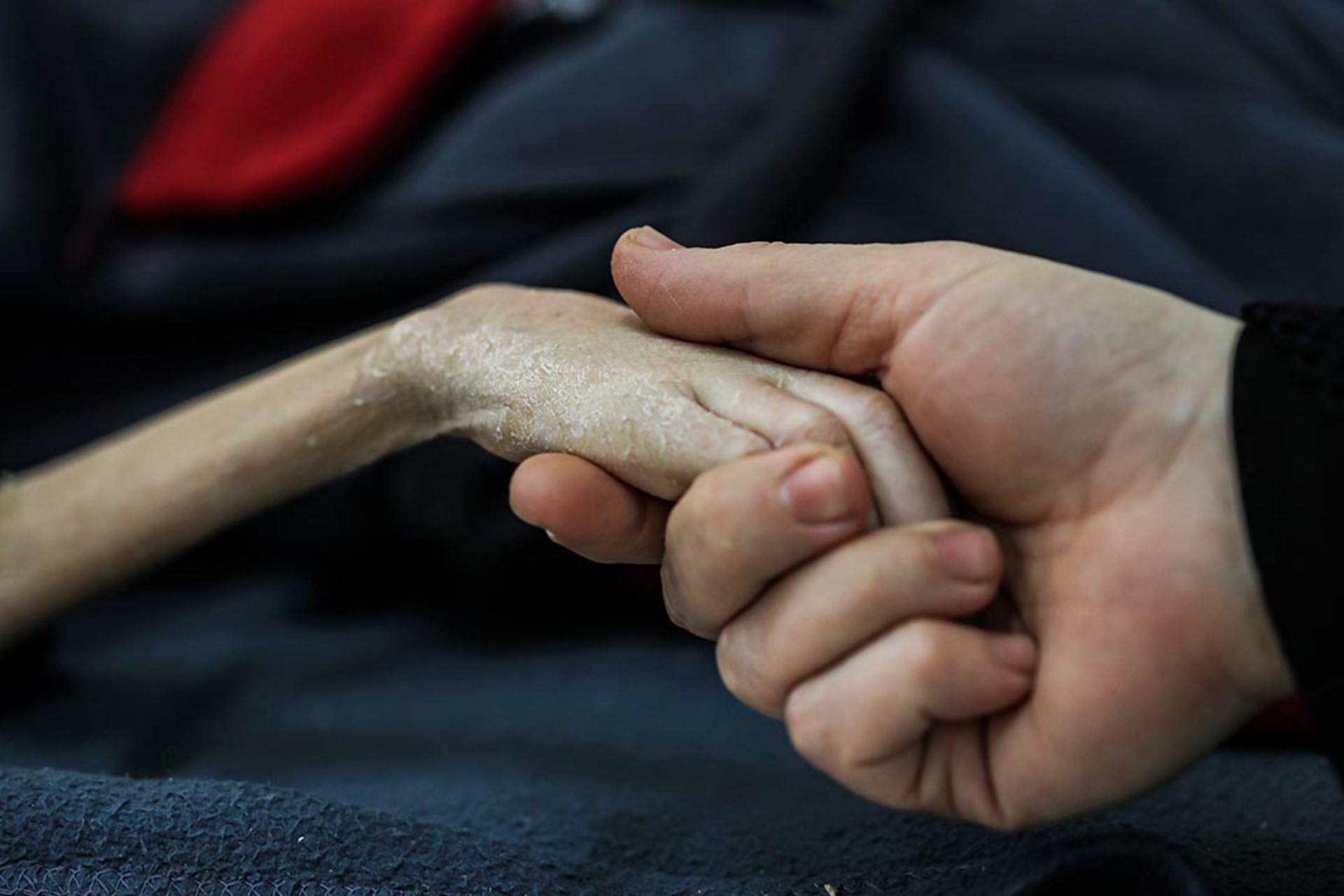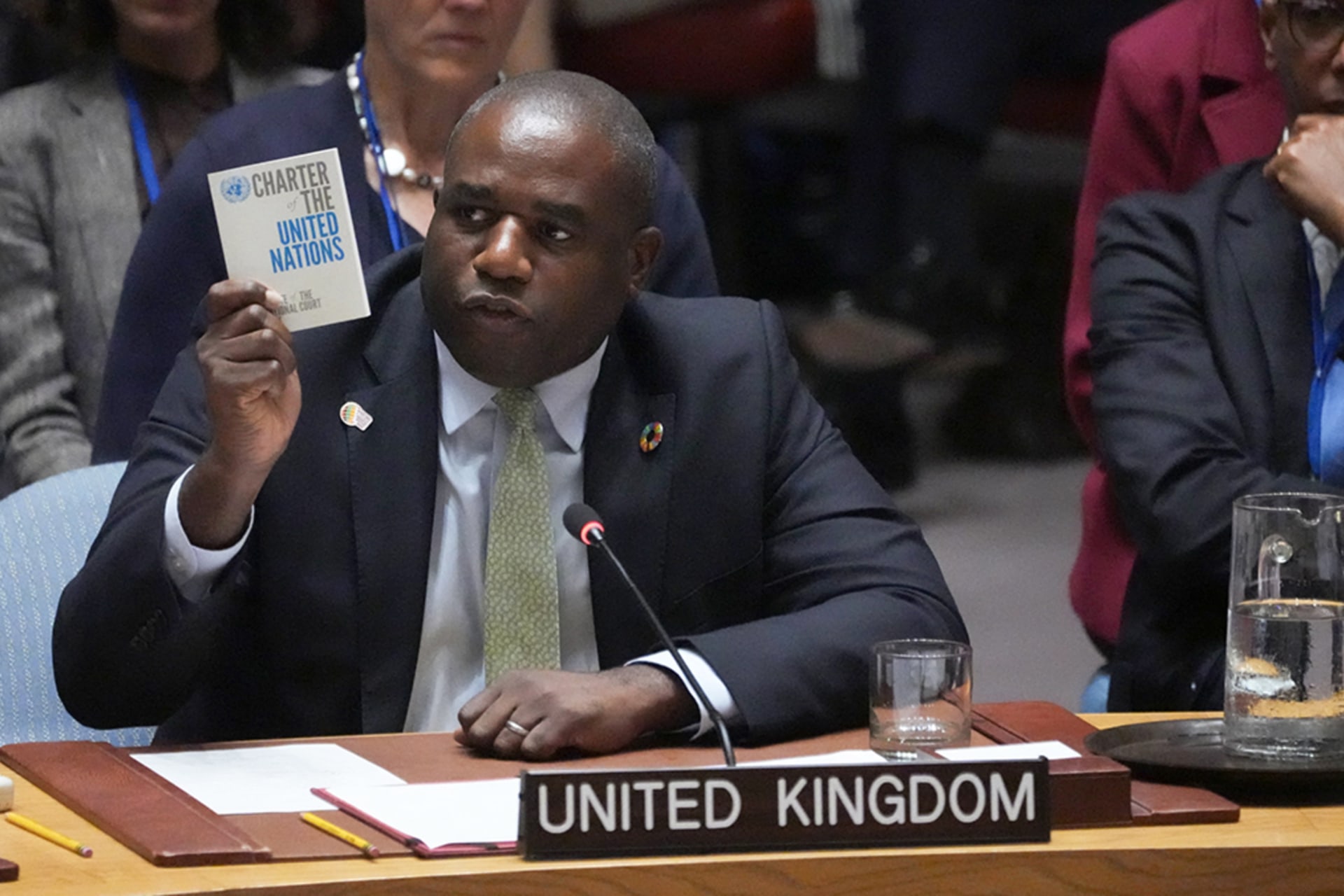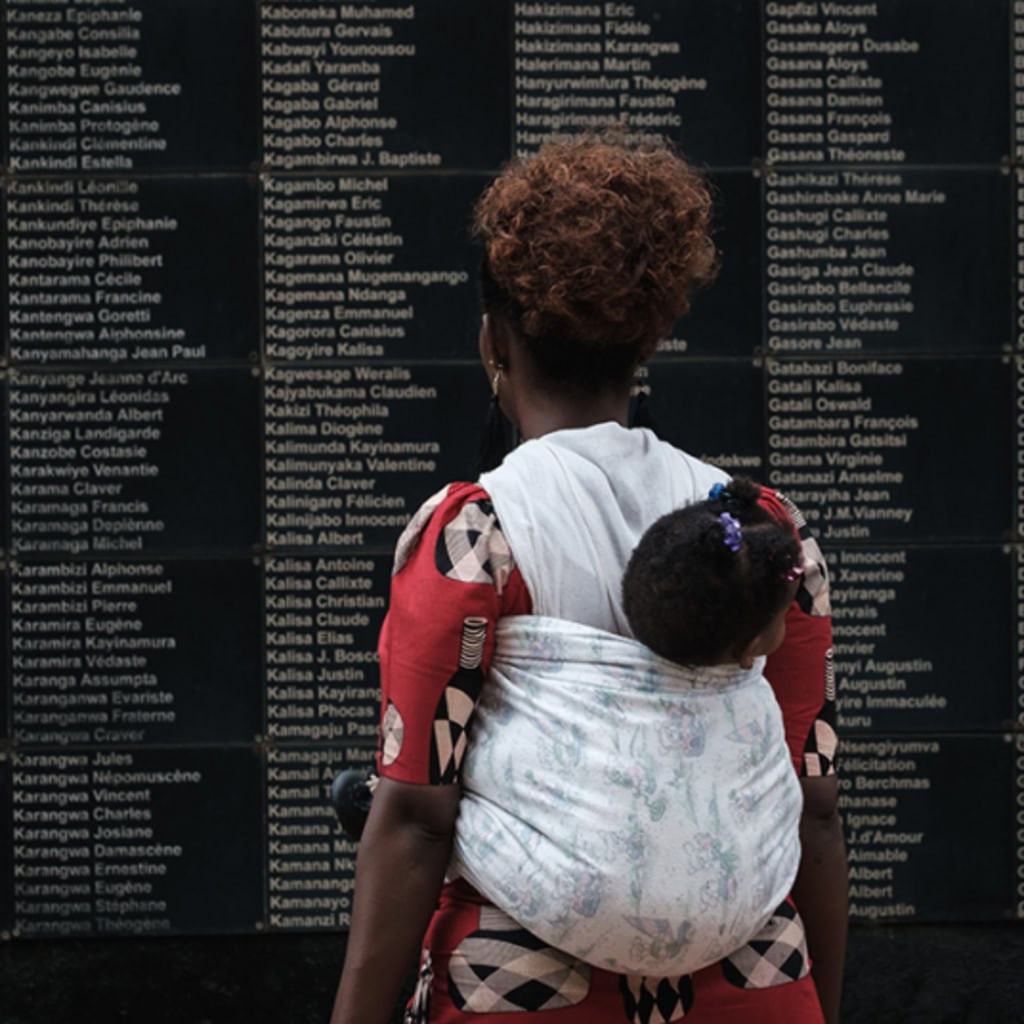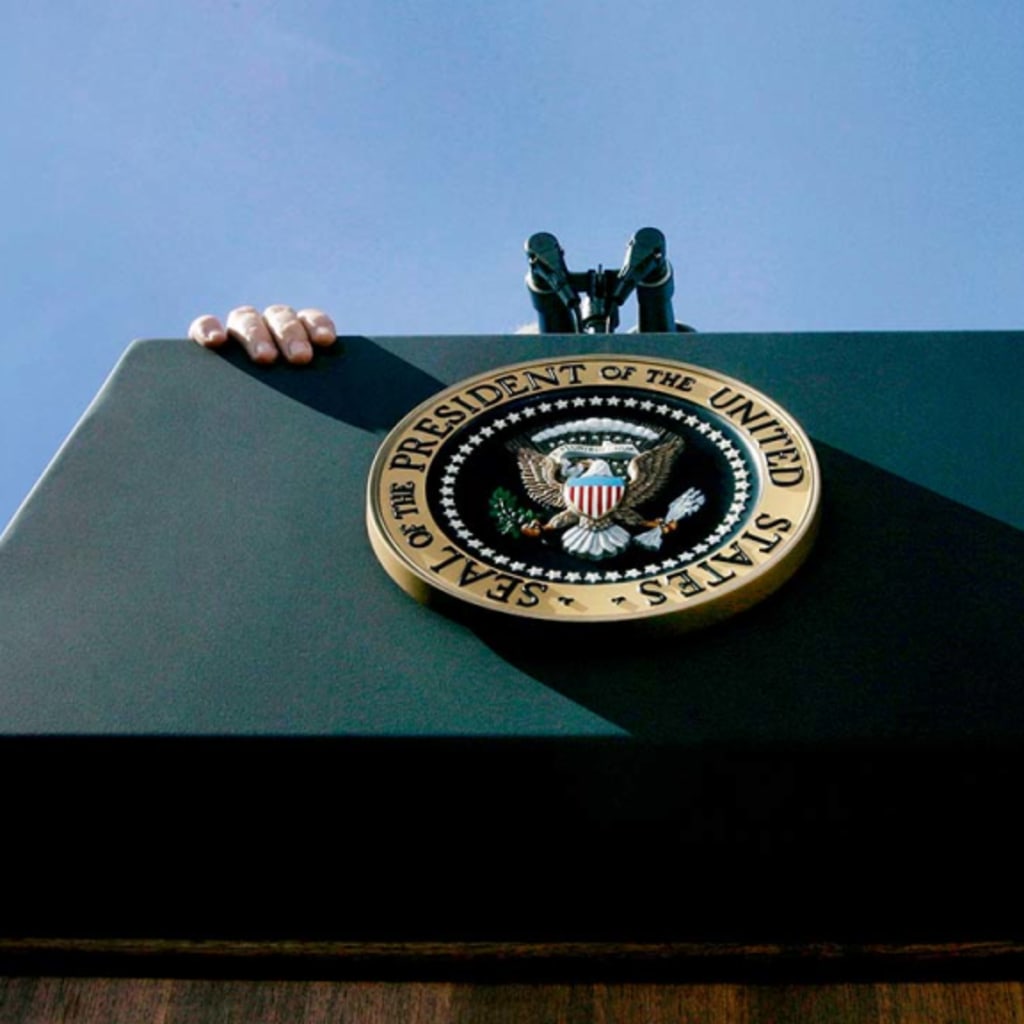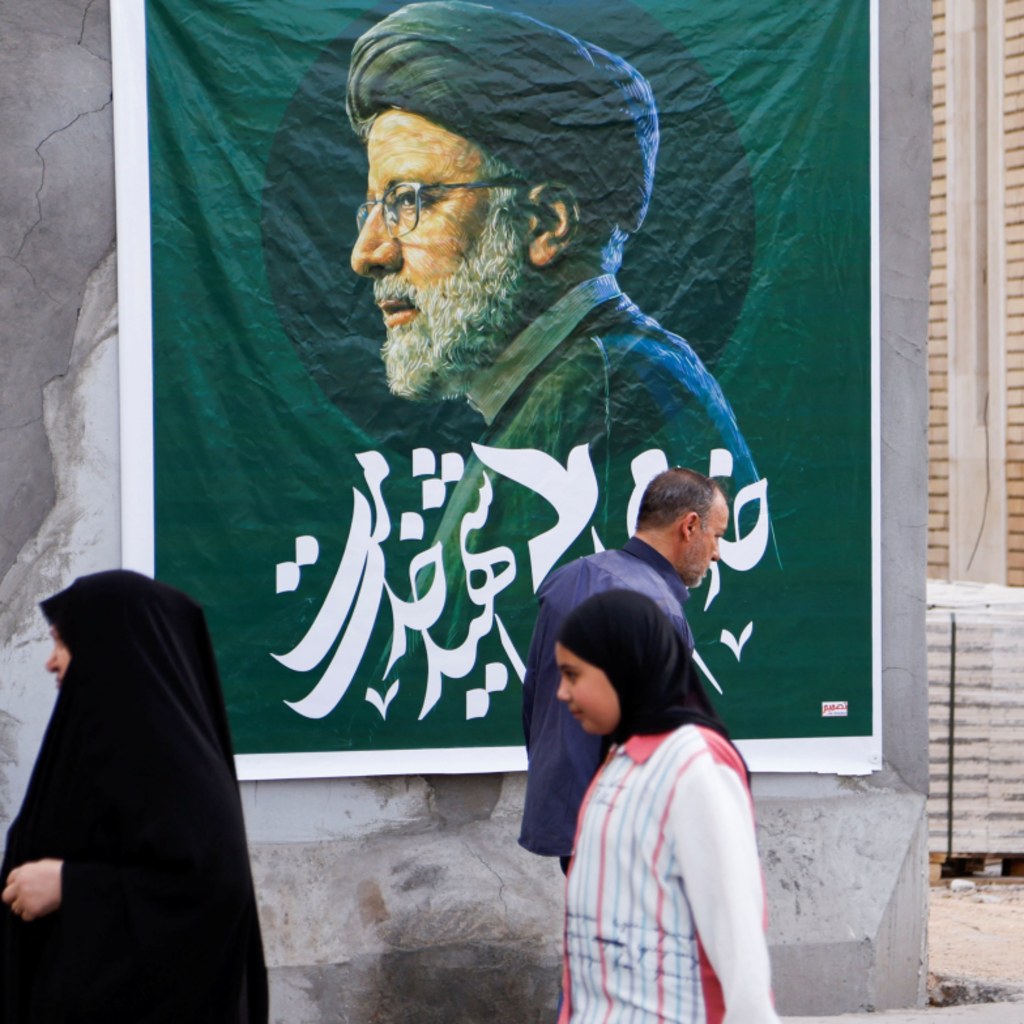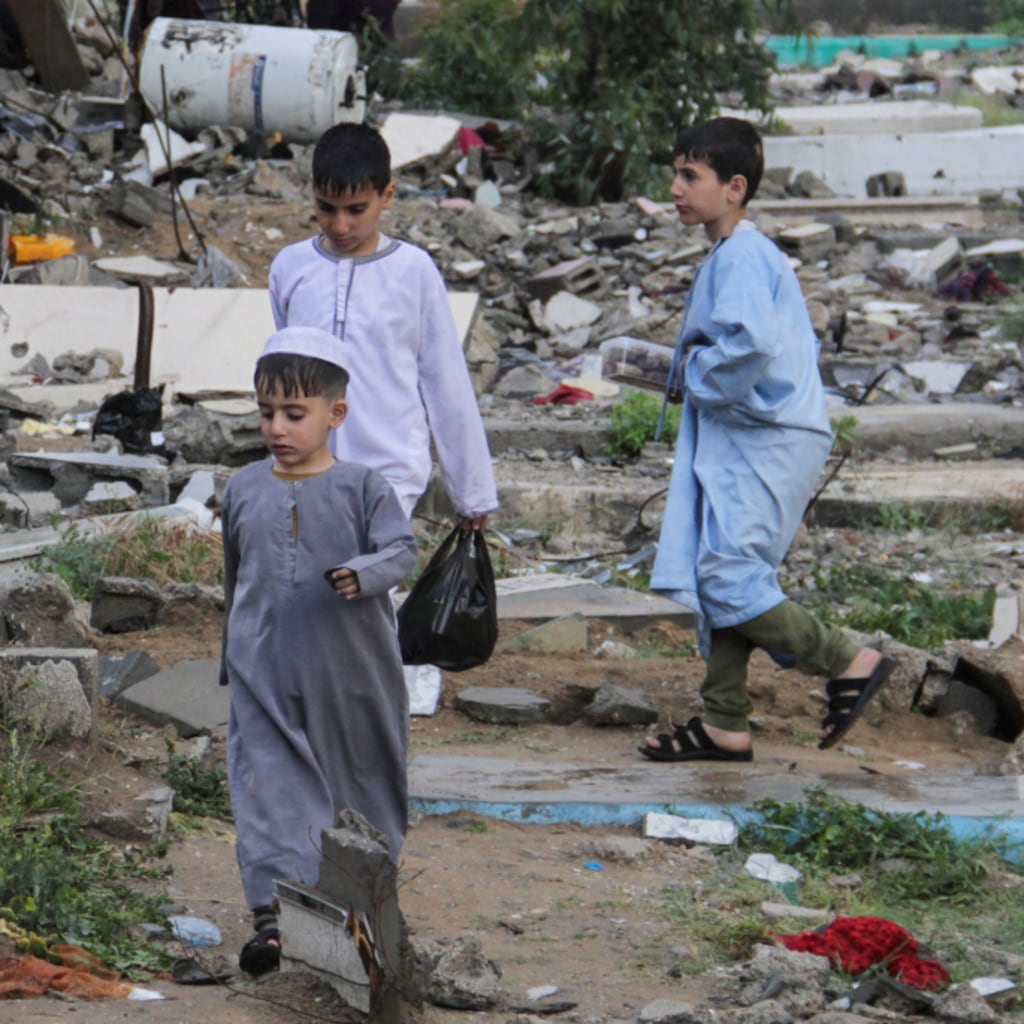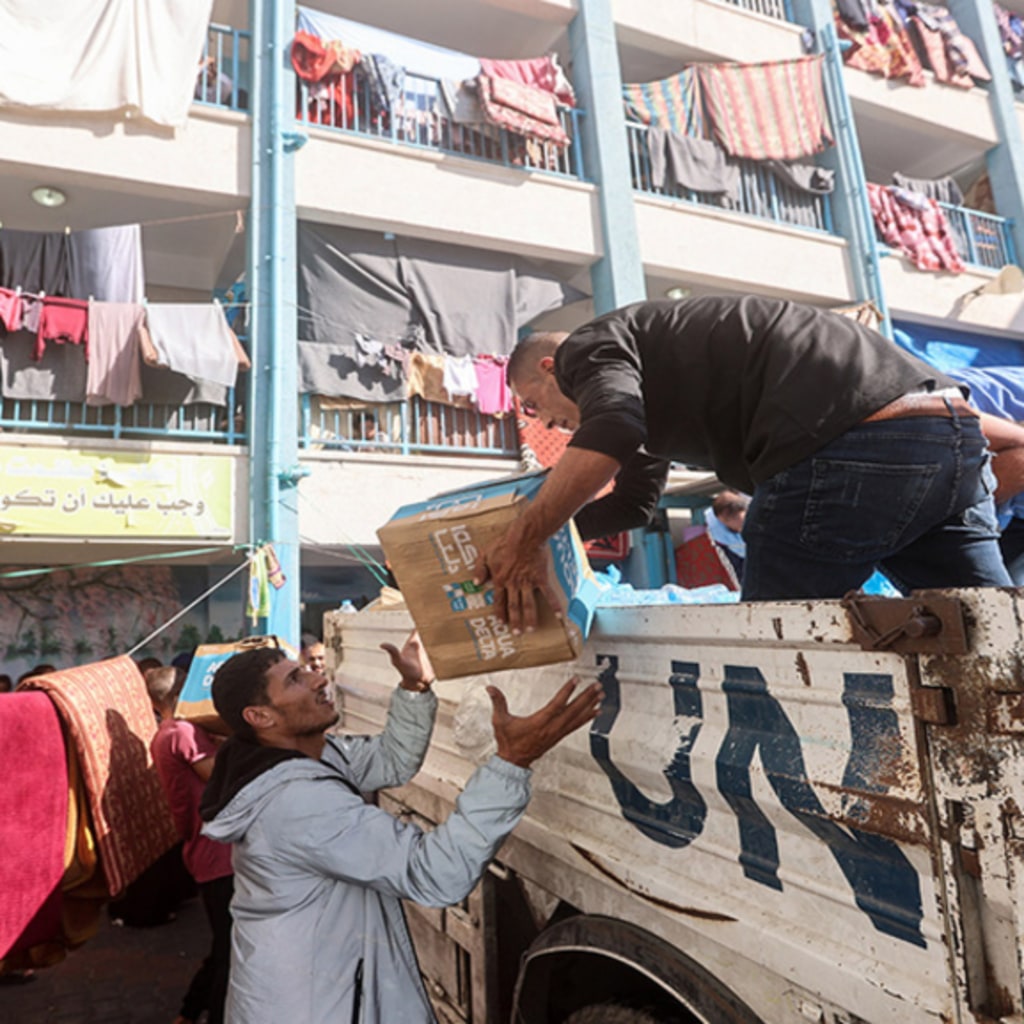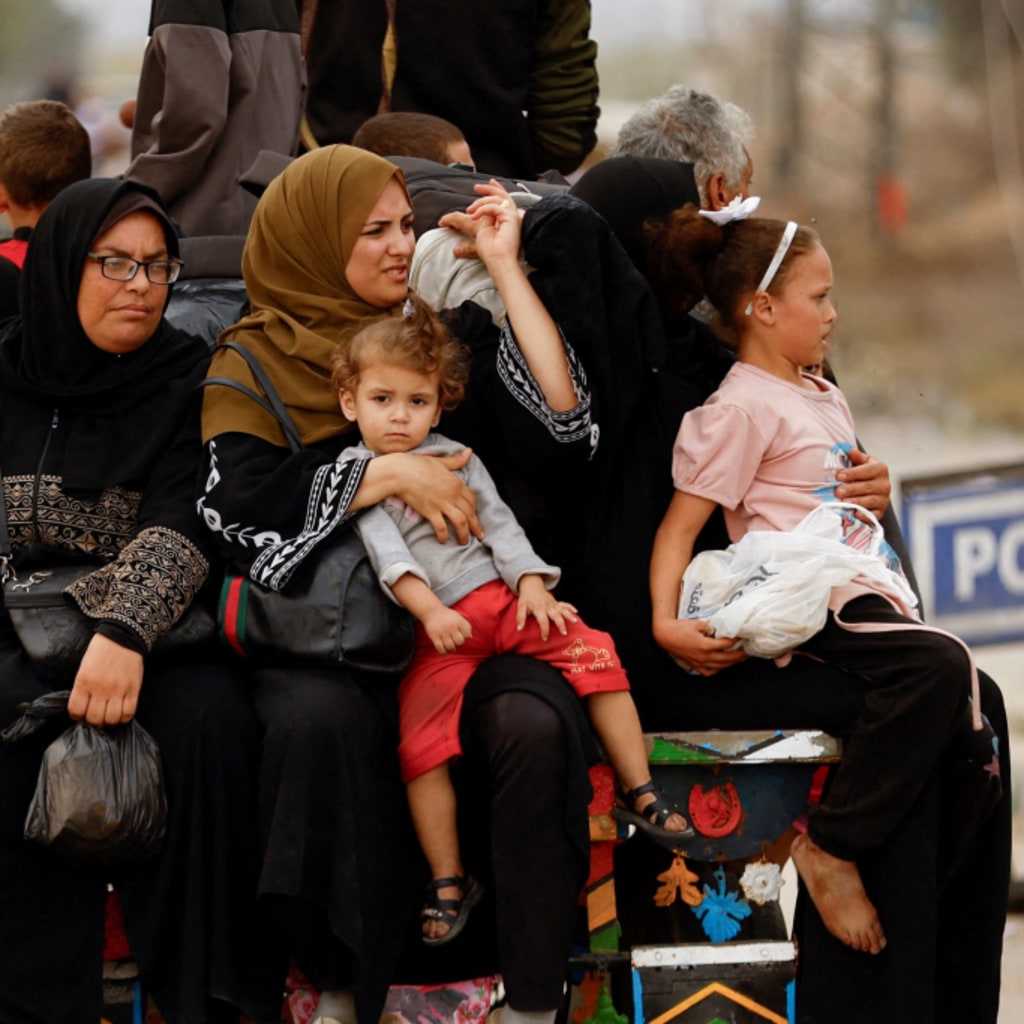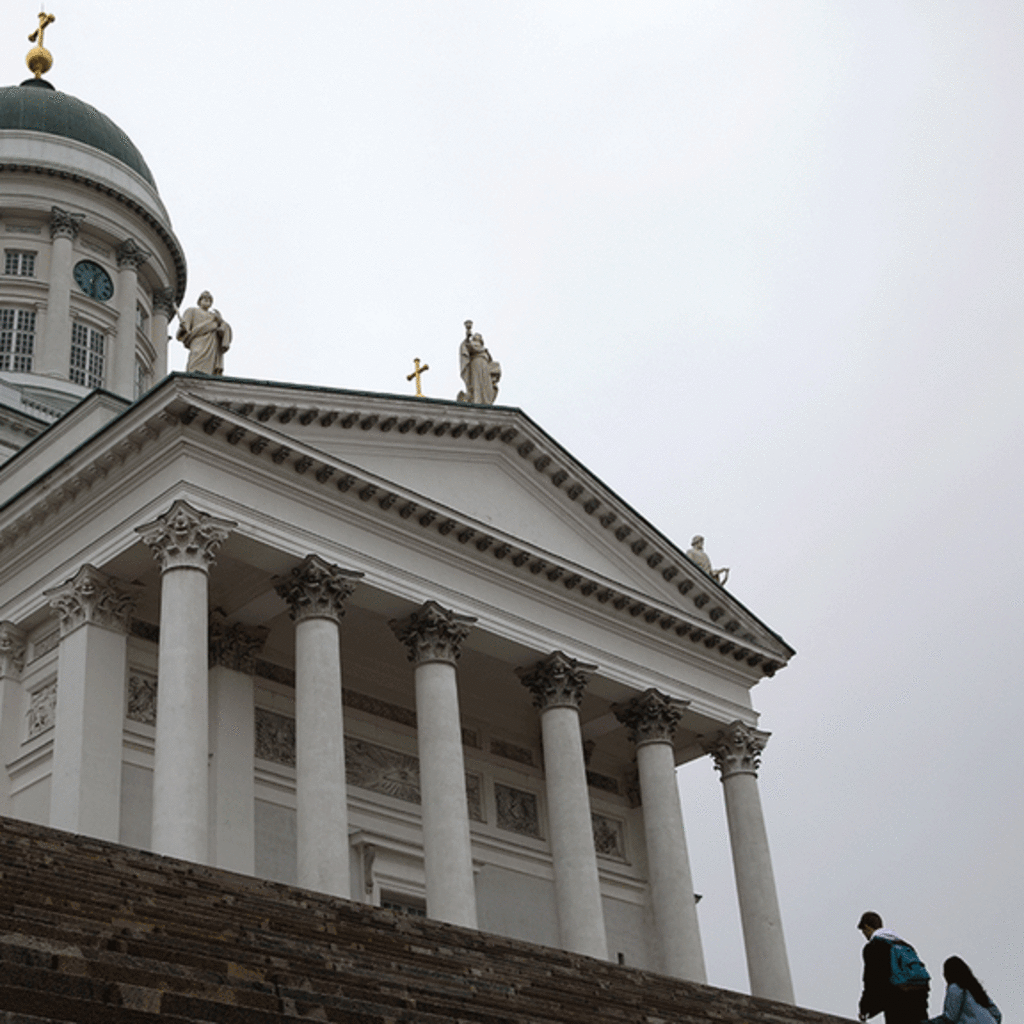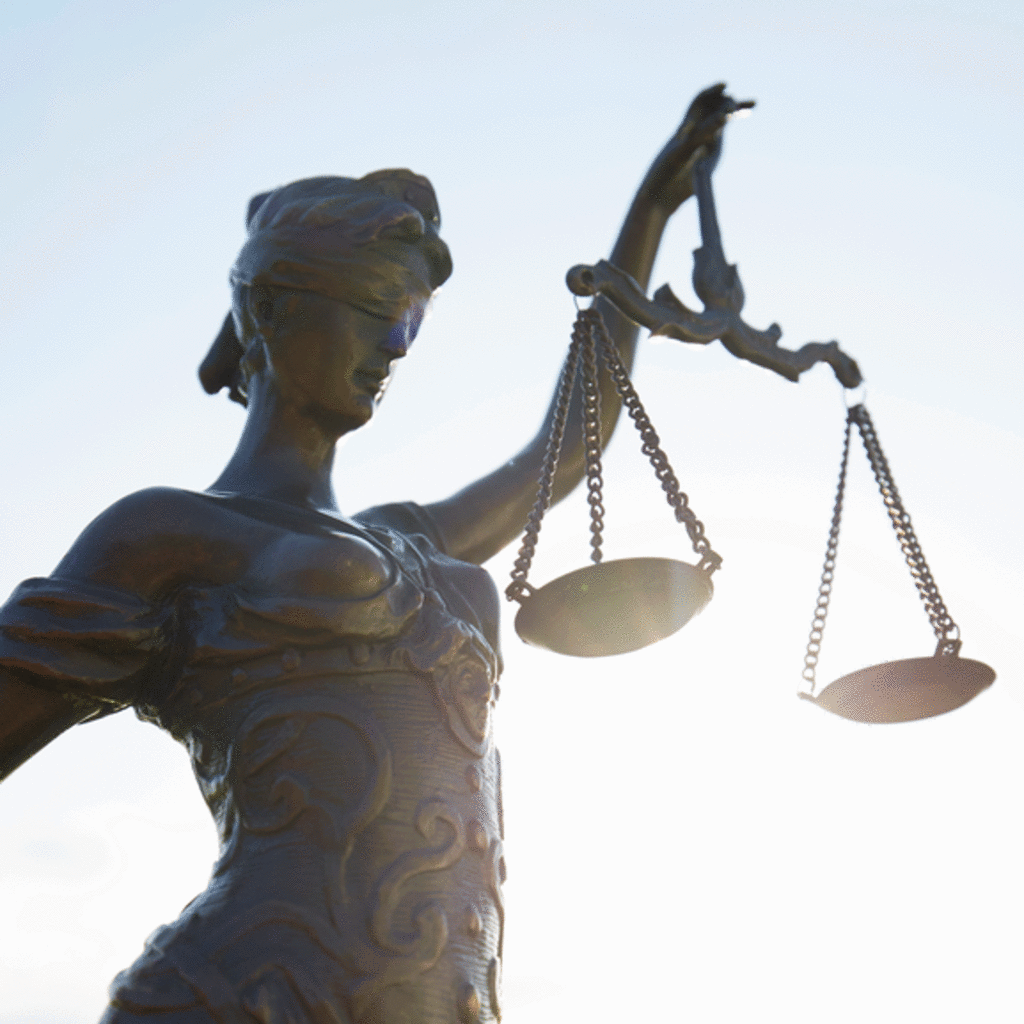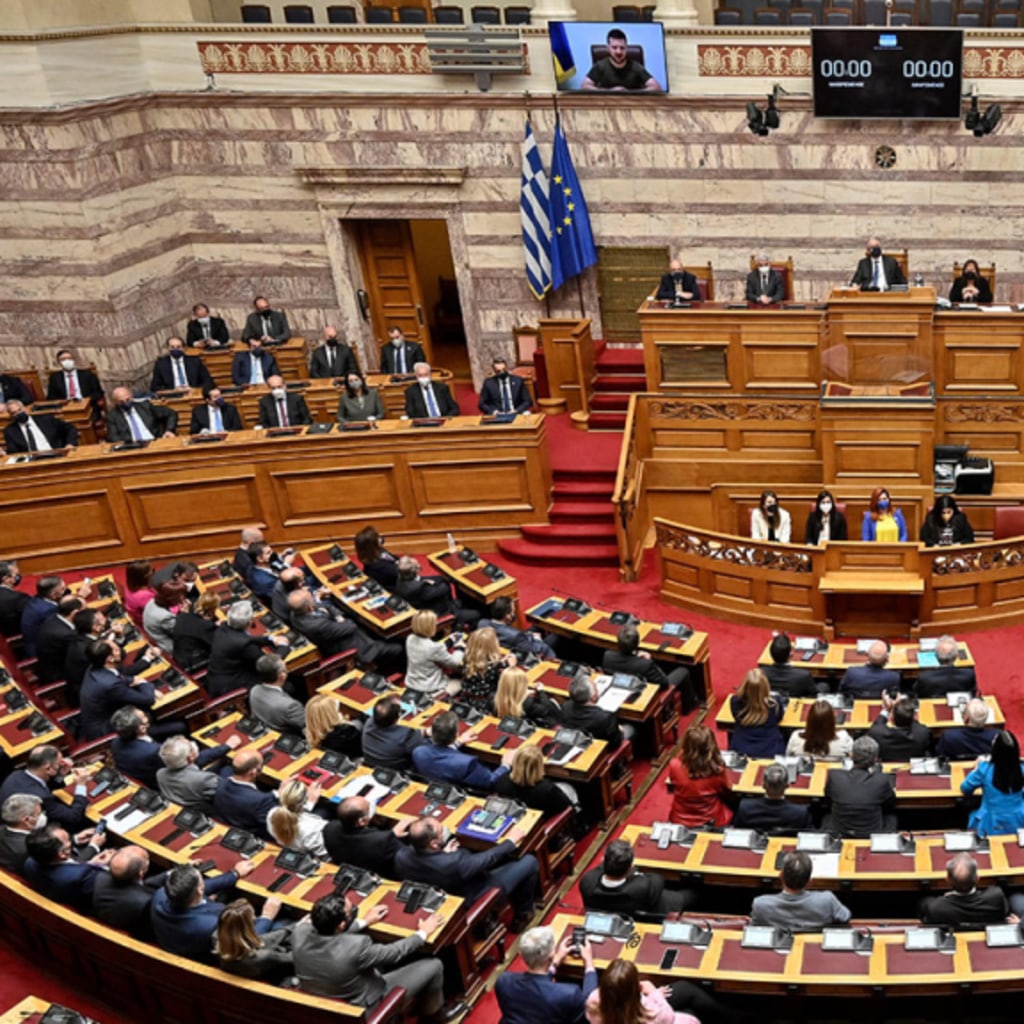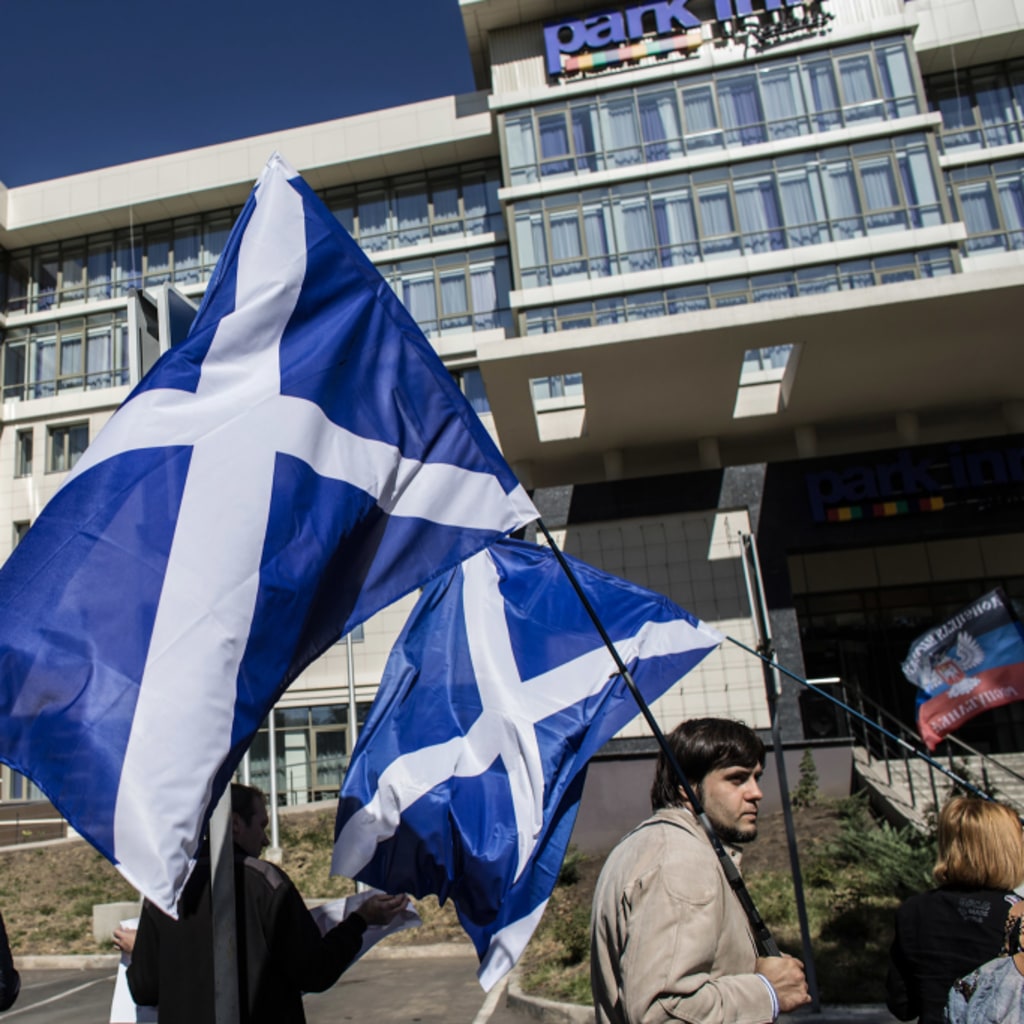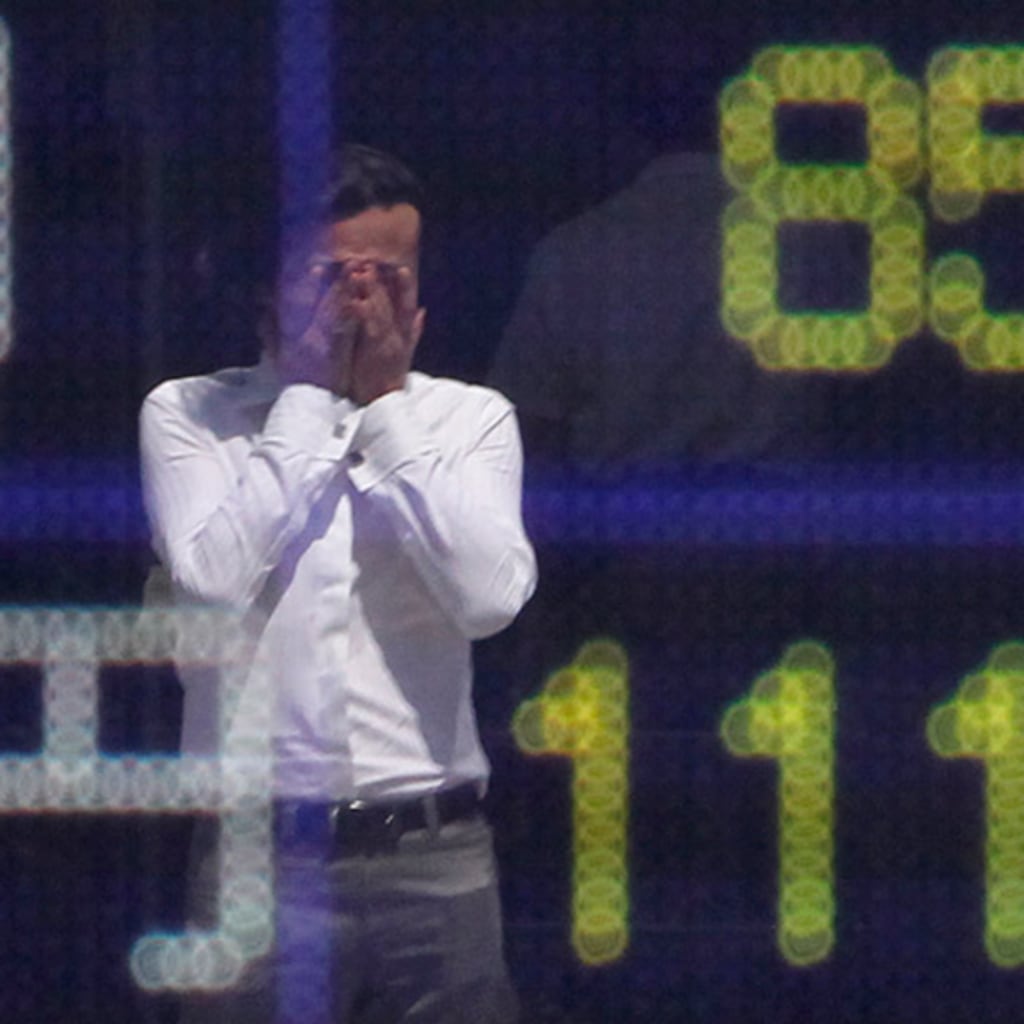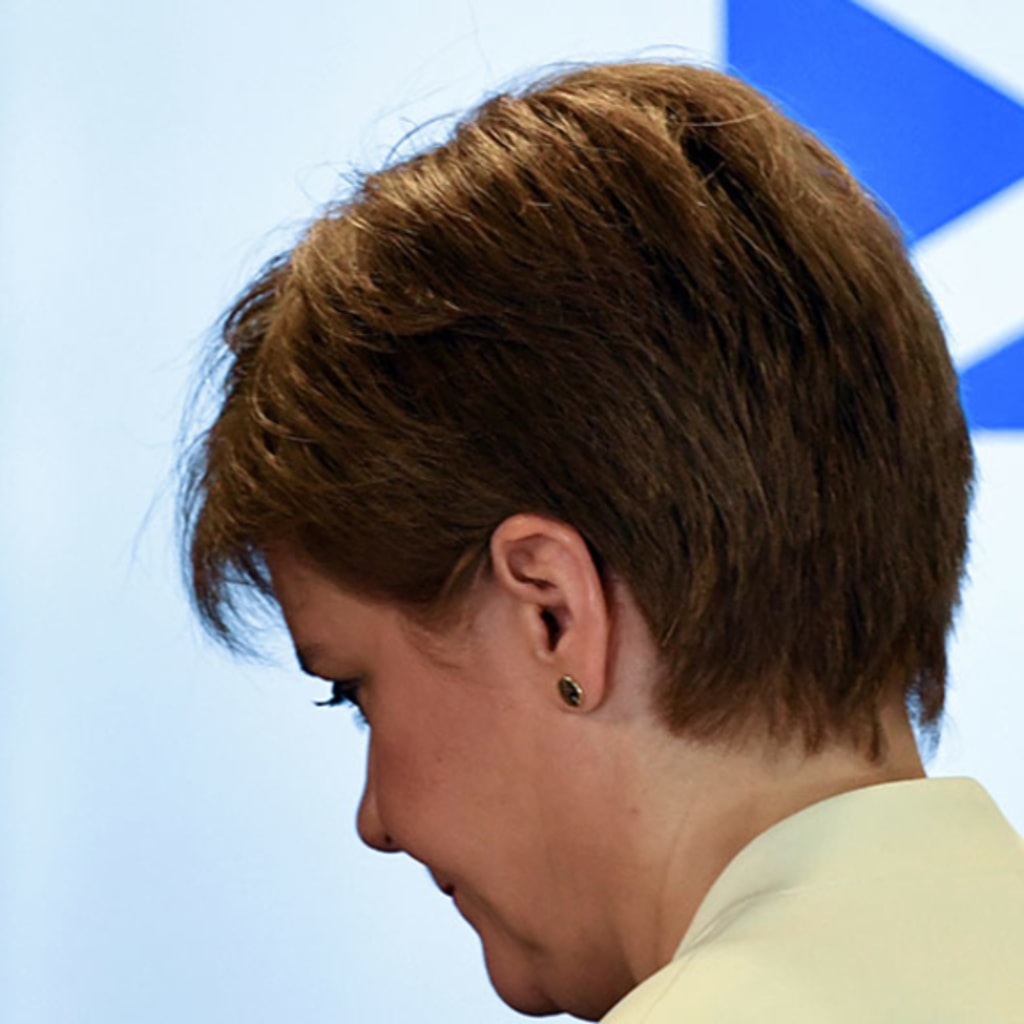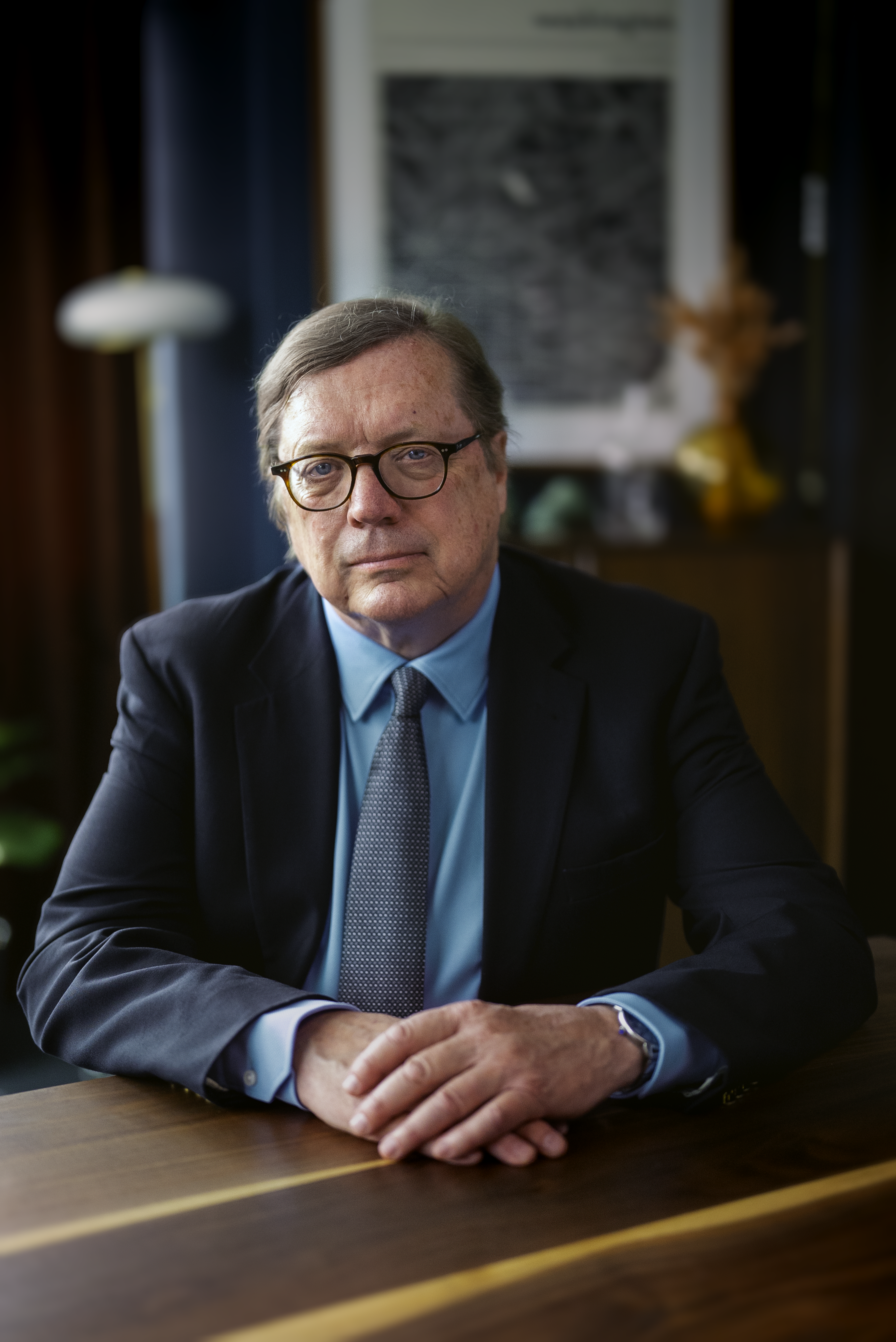
David J. Scheffer is senior fellow at the Council on Foreign Relations (CFR), with a focus on international law and international criminal justice. Scheffer was the Mayer Brown/Robert A. Helman Professor of Law (2006-2020) and is Director Emeritus of the Center for International Human Rights at Northwestern University Pritzker School of Law. He is Professor of Practice at Arizona State University (Washington offices). He was Vice-President of the American Society of International Law (2020-2022) and held the International Francqui Professorship at KU Leuven in Belgium in 2022. From 2012 to 2018 he was the UN Secretary-General’s Special Expert on UN Assistance to the Khmer Rouge Trials, and he was the Tom A. Bernstein Genocide Prevention Fellow working with the Ferencz International Justice Initiative at the Simon-Skjodt Center for the Prevention of Genocide, U.S. Holocaust Memorial Museum (2019-2021).
During the second term of the Clinton Administration (1997-2001), Scheffer was the first ever U.S. Ambassador at Large for War Crimes Issues and led the U.S. delegation to the UN talks establishing the International Criminal Court (ICC). He negotiated the creation of five war crimes tribunals: the International Criminal Tribunals for the former Yugoslavia and Rwanda, the Special Court for Sierra Leone, the Extraordinary Chambers in the Courts of Cambodia, and the ICC. He chaired the Atrocities Prevention Inter-Agency Working Group (1998-2001). During the first term of the Clinton Administration (1993-1997), Scheffer served as senior advisor and counsel to the U.S. Permanent Representative to the United Nations, Dr. Madeleine Albright, and he served on the Deputies Committee of the National Security Council.
Scheffer worked on the staff of the House of Representatives Committee on Foreign Affairs (1987 to 1989) and as an analyst at the Carnegie Endowment for International Peace (1989 to 1993) and the U.S. Institute of Peace (2001 to 2002). He was a CFR International Affairs Fellow in 1986 to 1987. His past academic positions include visiting professorships at Georgetown University Law Center, George Washington University Law School, and Northwestern University School of Law. He was an associate attorney with the international law firm of Coudert Brothers from 1979 to 1986.
Scheffer received the Berlin Prize in 2013 and was in residence at the American Academy of Berlin during the fall of 2013. He received the American Bar Association’s 2024 Eleanor Roosevelt Prize for Global Human Rights Advancement, the 2020 Dr. Jean Mayer Global Citizenship Award of Tufts University, and the Champion of Justice Award of the Center for Justice and Accountability in 2018. Foreign Policy magazine selected him as a “Top Global Thinker of 2011.” Among his publications are the award-winning All the Missing Souls: A Personal History of the War Crimes Tribunals (Princeton, 2012), The Sit Room: In the Theater of War and Peace (Oxford, 2019), and The UN Charter: Five Pillars for Humankind (Springer, 2025, with co-author Mark S. Ellis). For decades he has been publishing widely about international law and politics in law reviews, political journals, and on op-ed pages. He was the CNN International commentator for the Saddam Hussein trial and appears frequently in the media.
A native of Norman, Oklahoma, Scheffer earned degrees from Harvard College, Oxford University (where he was a Knox Fellow), and Georgetown University Law Center. He is a member of the New York, District of Columbia, and Supreme Court bars.
Affiliations
- Arizona State University, School of Politics & Global Studies, professor of practice
